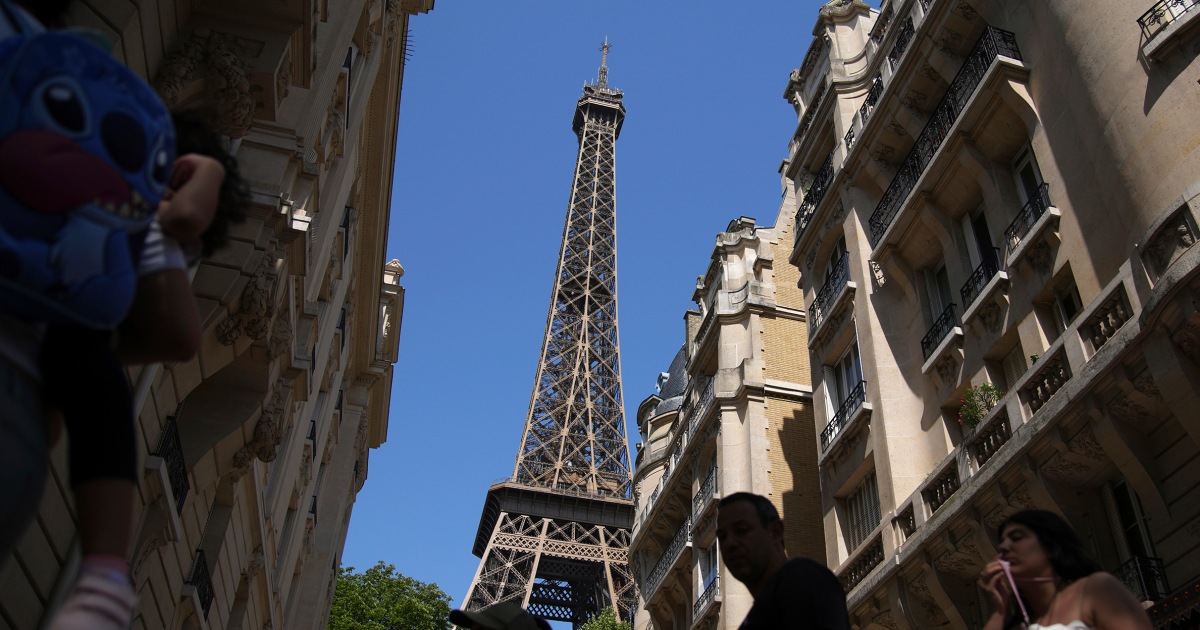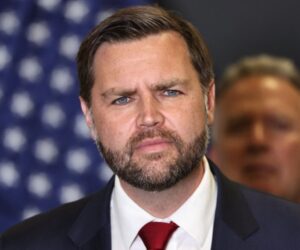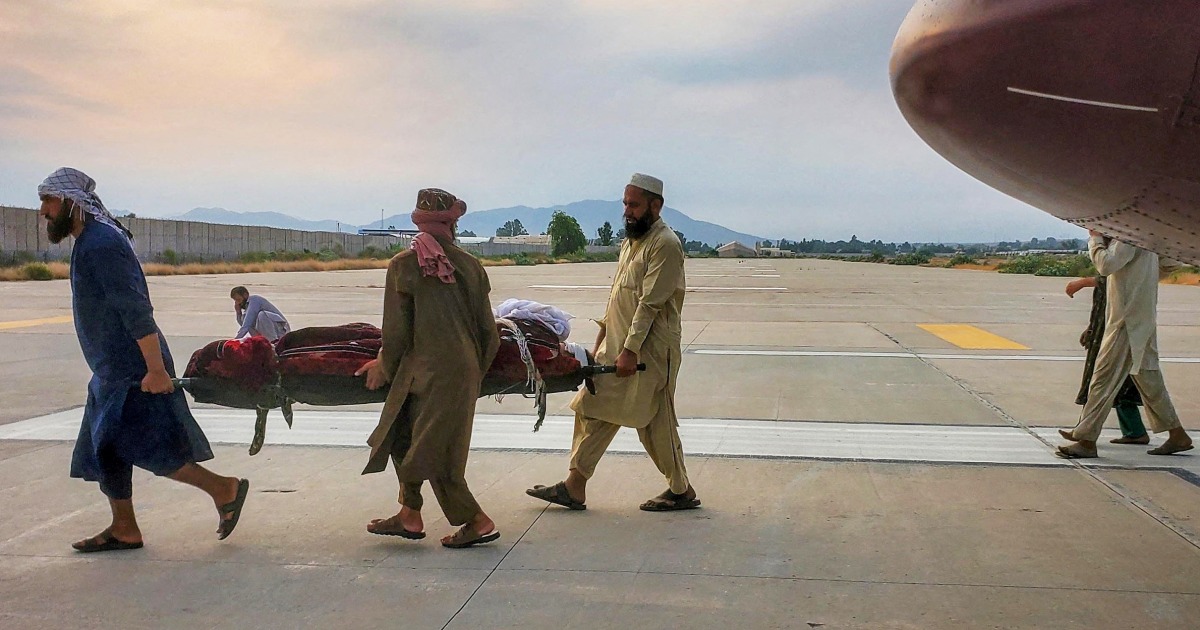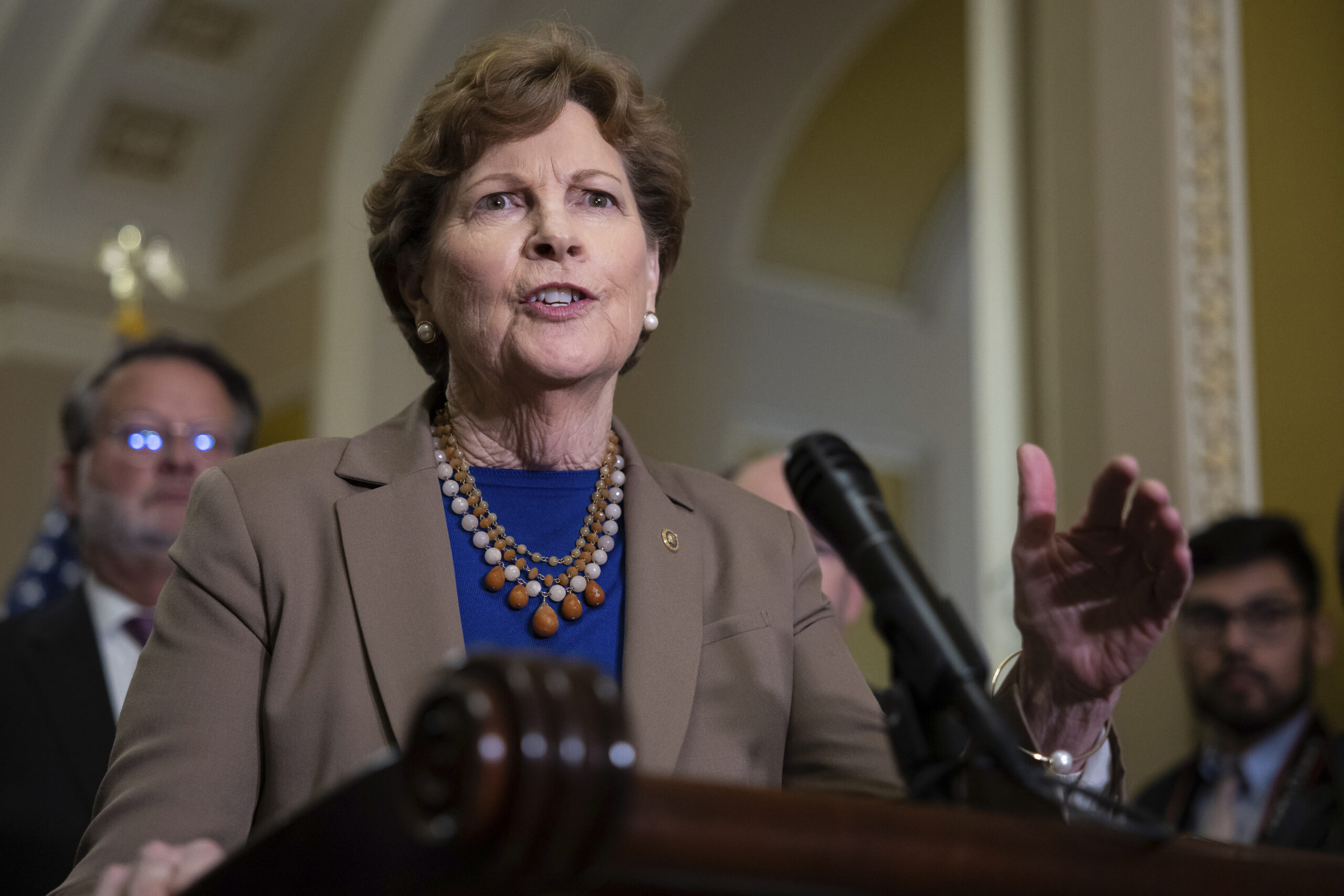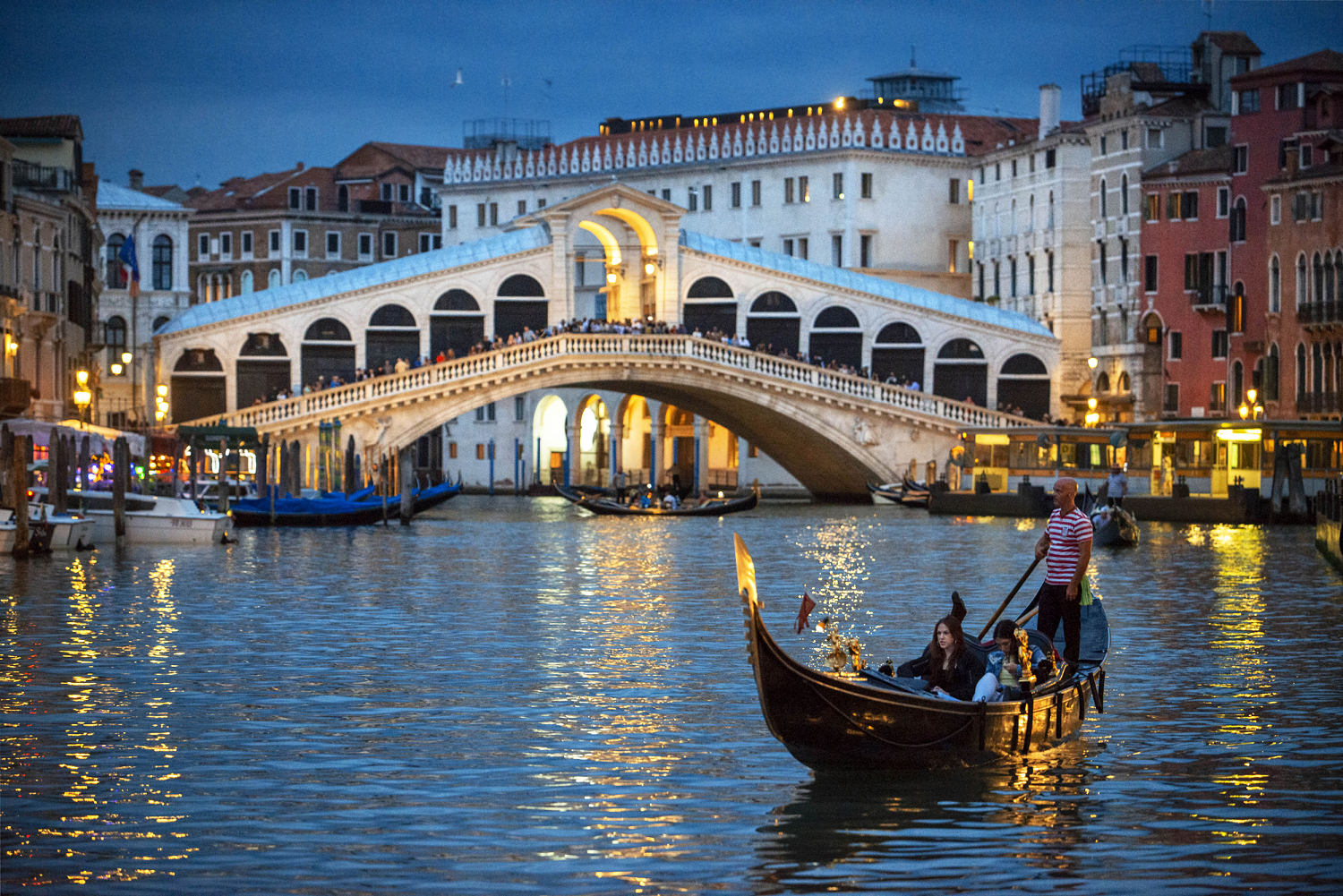
Indeed, Tourism Economics found travel spending by U.S. residents abroad rose 8.6% in the first four months of the year from the same period a year earlier. “This indicates continued U.S. outbound demand,” the firm said.
While the economy and household finances always influence travel demand, “today those factors are looking to have more of a negative impact than positive one,” said Nicki Zink, deputy head of industry analysis at the market research firm Morning Consult.
In the group’s recent survey, 31% of consumers said both the state of the U.S. economy and personal financial pressures are reducing their interest in leisure travel in the next three months, “higher than any other factor we survey about,” said Zink.
For its own part, the tourism market research firm Future Partners found 47% of American travelers are likely to venture abroad in the next 12 months, but 35% said uncertainty around U.S. policy changes had already caused them to reconsider or delay those plans. And in a NerdWallet survey last month, 11% of consumers said they’d scrapped international travel plans this year over global relations or economic uncertainty.
Our affluent clients are still going after those bucket-list adventures.
Mandee Migliaccio, CEO, Stepping OUT TRAVEL SERVICES
Plenty of Americans are still packing their passports, though. Millennials, for example, “are increasingly considering international destinations, despite the higher cost compared with domestic trips,” said Zink, adding that interest in destinations across South and Central America, the Caribbean and northern Europe have risen this year.
Wealthy travelers are also still traveling with gusto, extending a trend that has intensified since the recovery from the pandemic.
“Our affluent clients are still going after those bucket-list adventures and once-in-a-lifetime experiences,” said Mandee Migliaccio, CEO of the New Jersey-based agency Stepping Out Travel Services. “While they’re definitely keeping an eye on the headlines, they typically won’t change plans unless a destination really becomes unstable.”
Migliaccio acknowledged she has seen some subtle shifts lately, with some clients asking to trim flight costs or deciding to skip a stop to keep things more efficient.
“It’s not so much ‘I can’t go’ as it is, ‘How can I make this work for me?’” she said. “People are being strategic, spending where it matters most, and opting for curated experiences over excess.”

